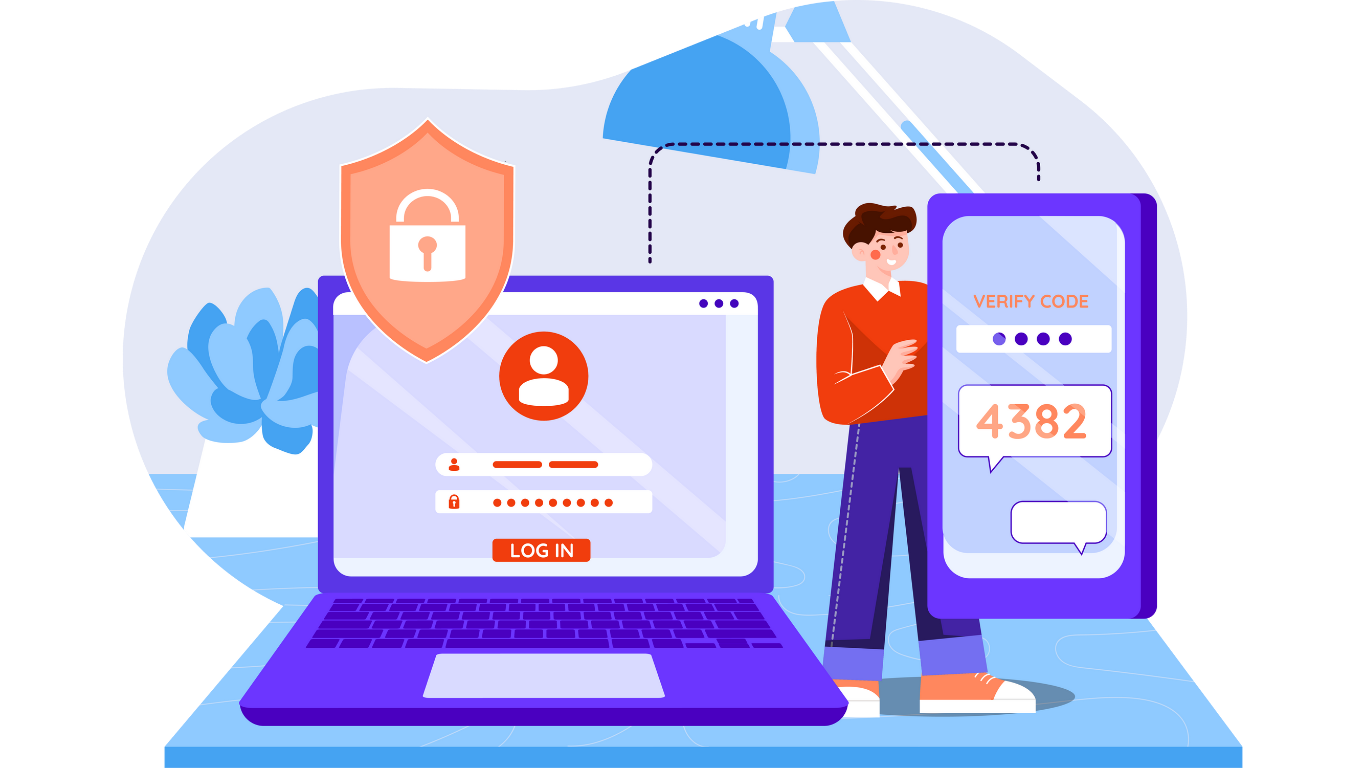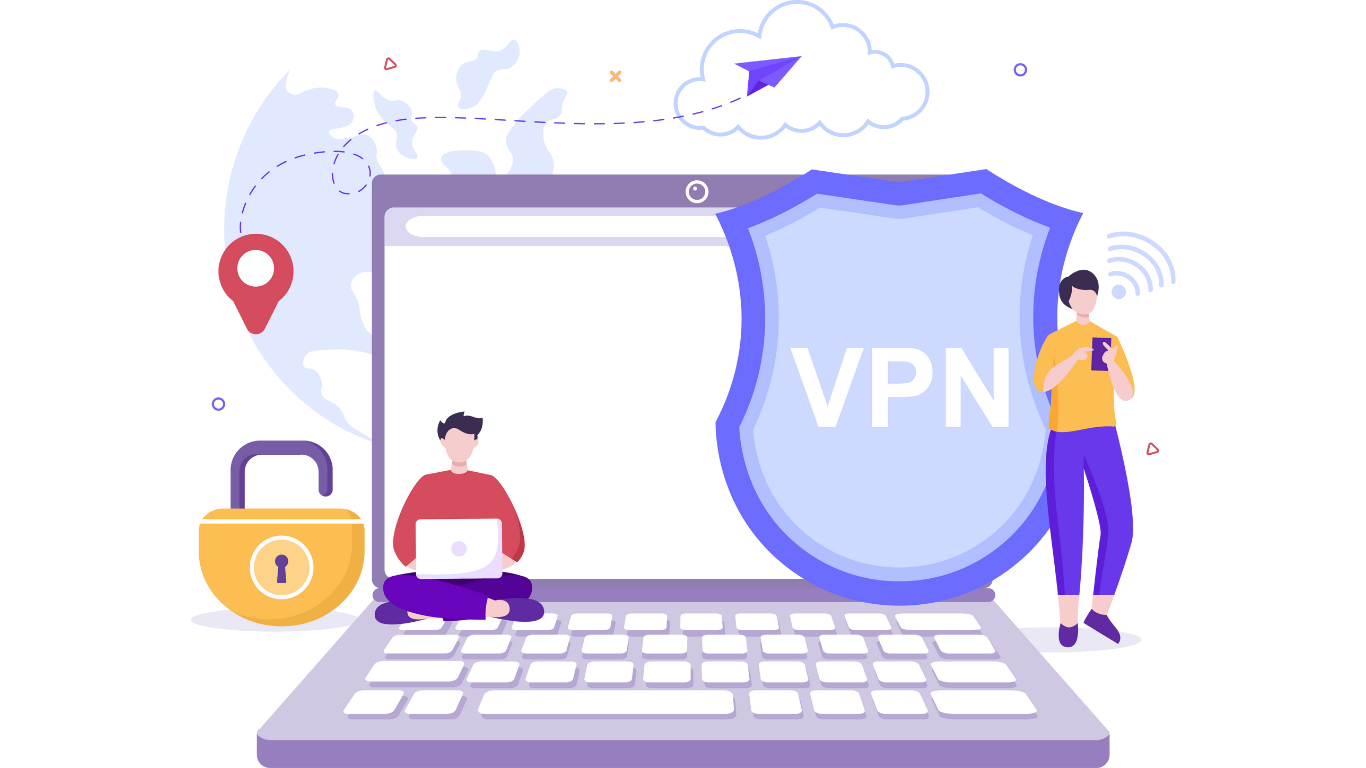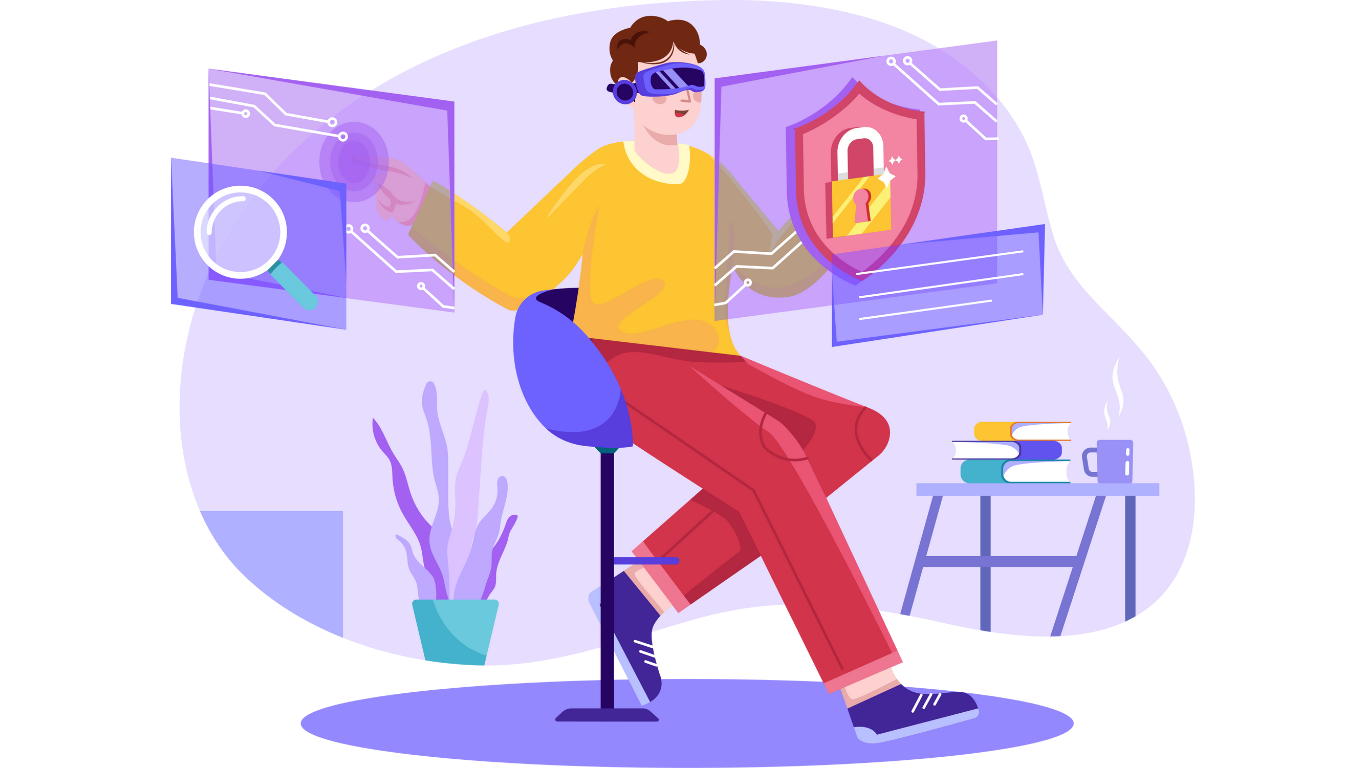Why Is Crunchyroll Not Working? The Complete Troubleshooting Guide
The reasons why is Crunchyroll not working vary from case to case, but most issues…
Your trusted source for VPN insights, reviews, and cybersecurity guidance. We help you choose the best VPN to protect your data, stay anonymous, and enjoy unrestricted internet access anywhere.

Every time you browse, stream, or shop online, your data can be tracked, logged, and sold. A Virtual Private Network (VPN) gives you the power to stay secure and invisible.

Encrypts your connection and keeps hackers away from your personal info.

Access blocked content, streaming services, and websites wherever you are.

Hides your IP address, keeping your browsing private from ISPs, advertisers, and snoops.

Browse safely on hotel, café, and airport networks.
Where You can Use VPN services






Our mission is to cut through marketing noise and help you find the VPN that truly delivers on its promises. Every VPN we review goes through a comprehensive, hands-on testing process designed to evaluate critical aspects.

A VPN should protect you without slowing you down.
We rigorously measure each provider’s performance through real-world tests across multiple continents. Our reviewers test download and upload speeds, latency, and server reliability under different conditions such as streaming, gaming, and torrenting.
A VPN’s core purpose is to safeguard your digital footprint.
We go deep into each provider’s encryption standards, logging practices, and jurisdiction laws to understand how your data is handled.


A great VPN isn’t only about raw power. it’s about how well it fits into your everyday life. That’s why we assess pricing, ease of use, compatibility, and customer support as part of our holistic review approach.
The reasons why is Crunchyroll not working vary from case to case, but most issues…
Streaming Crunchyroll through Discord’s screen sharing turns solo viewing into shared watch parties, letting you…
It can be incredibly frustrating when you’re all set to watch your favorite show or…
JioHotstar (now largely under JioCinema), is a must-have for Indian entertainment and live sports. But…
For years, film and TV lovers in the United Kingdom have gazed across the pond…
When you try to catch up on the latest episode of your favorite Indian drama…
A VPN (Virtual Private Network) encrypts your internet traffic and routes it through secure servers, hiding your real IP address and online activity.
Yes, VPN use is legal in most countries. However, using a VPN for illegal activities is not. Always check local laws before use.
Some speed loss is expected due to encryption, but premium VPNs minimize this impact with optimized servers.
Free VPNs often come with data limits, slower speeds, and weaker privacy policies. We recommend trusted paid options for better security and reliability.